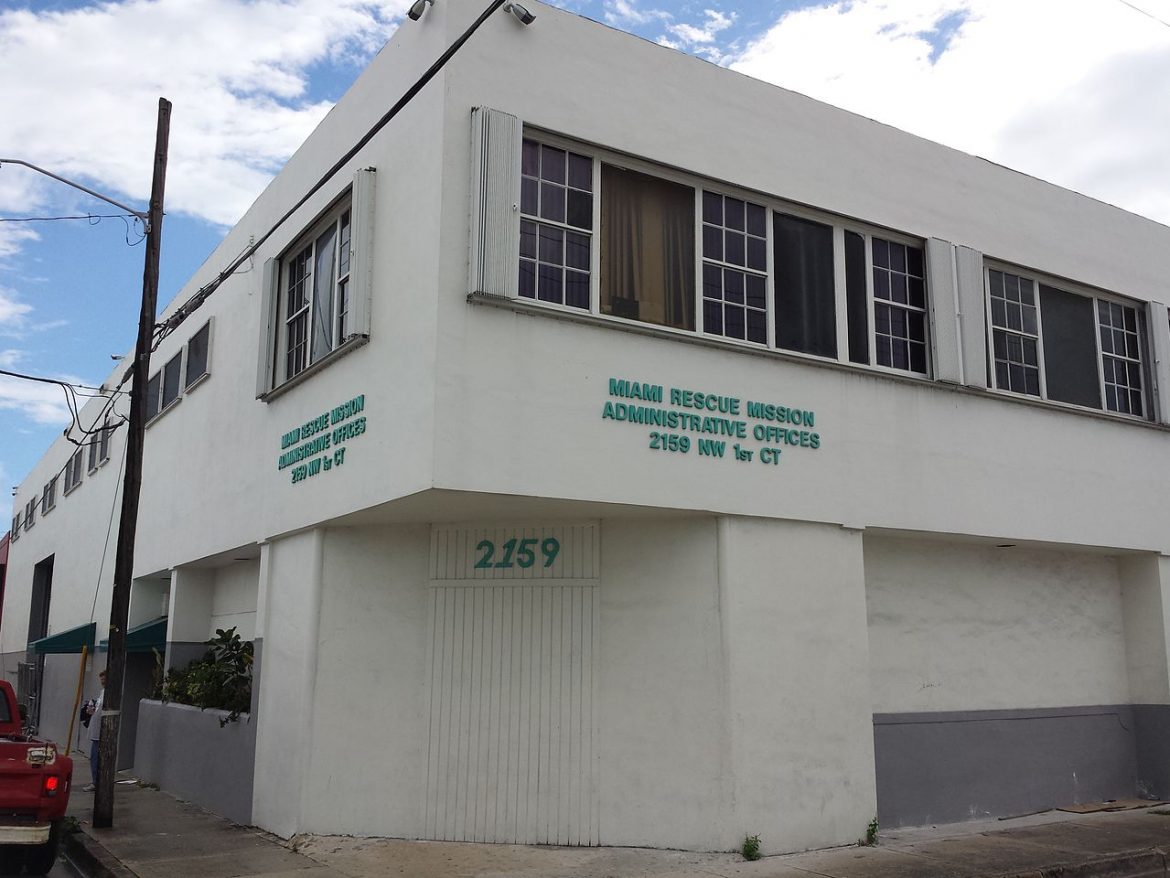ommercial real estate can be expected to perform well this year despite the prospect of higher interest rates, according to the National Association of Realtors.
While interest rates are expected to broadly rise by about 75 basis points, they will still be low compared to historical levels and should not cause a severe decline in investment activity and the ability of companies to service their debt.
Bottom line: CRE’s underlying demand fundamentals should more than mitigate the impact of the slightly higher interest rates in 2022, according to NAR’s 2022 Commercial Real Estate Outlook report.
Office Vacancy Rates to Tick Higher
Only the office real estate market will continue to see higher vacancy rates in 2022. Ongoing construction is equivalent to 2.6% of the current inventory and it is expected to further raise the vacancy rate to 13.5% (12.2% in 2021) and cause a decline in office rent by 0.8% (-1% in 2021).
However, as seen in the 2021 trends, the high office vacancy rates will remain concentrated in the primary metro areas of New York, San Francisco, Chicago, Los Angeles, Washington D.C., and Boston.
Meanwhile, secondary markets with lower cost of living (home prices or rent) and lower office rents will continue to attract businesses and workers into the area. Based on the level of under construction activity, developers/investors are bullish on secondary markets like Dallas, Austin, Atlanta, Charlotte, Nashville, Miami, and Salt Lake City.
COVID Will Drive Office Re-Entry
The timing of “the big re-entry” to the office is still dependent on the course of the COVID variants. However, it appears that the Omicron virus is not as deadly as COVID-19 with vaccinations reducing the risk of death.
Beyond the short-term effect of the re-entry on absorption, the long-term effect of the pandemic pertains to the need and use of office space (e.g., overall square footage and per employee square footage) and the allocation of office space for employees (fixed or hot desking/hoteling).
CBRE’s 2021 Occupier Survey reported that in the United States, 62% of employers expect to adopt a hybrid schedule with employees going to the office 2.5 days a week. A higher fraction of U.S occupiers expect a contraction of their office space, at 44%, compared to 29% that expect an expansion and 27% that expect no change.
Class B Office Conversions Could Draw Interest
However, the adaptive reuse of office space for other uses such as for lab science and multifamily housing could increase investor interest for office properties, especially the older properties with floor plates and design that are suitable for such conversions.
NAR’s analysis on office-to-housing conversions shows a strong potential for the conversion of Class B office units into housing in New York, Chicago, Los Angeles, and Boston but less potential in Washington D.C. and San Francisco.
Industrial Demand to Remain Robust
The demand for industrial space is expected to remain robust given that consumers have shown a preference for both online and in-store shopping.
With brick-and-mortars also providing online shopping services to complement in-store shopping, the demand for last-mile delivery services will drive the demand for warehouses and distribution centers.
About 460 million square feet of industrial space is under construction, or about 2.6% of the current inventory. NAR foresees that this construction will lead to slower industrial rent growth of 7.4% on an annual basis from the current rate of about 8.4% as of 2021 Q4 (6.7% in 2021). The vacancy rate is expected to slightly increase to 5% (4.9% in 2021).
In the retail brick-and-mortar market, growth will continue to be driven by smaller shops such as neighborhood centers, strip centers, and single-tenant stores. Given the current low vacancy rate at brick-and-mortar stores and with the rise of experiential retail that will drive foot traffic to the malls, vacancy rates are likely to decline further to 4.6%.
Higher Mortgage Rates to Boost Rental Demand
In the multifamily market, higher mortgage rates will boost rental demand as a mortgage payment becomes slightly more expensive. NAR forecasts that the vacancy rate will further tighten to 4.8% in 2022 (5.1% in 2021) and rent growth to average at 10% (7.8% in 2021).
Renters have started returning to the primary metro areas of New York, Chicago, Boston, Washington D.C., Los Angeles, and San Francisco, in part attracted by the huge rent discounts during the pandemic. However, asking rents are picking up strongly which will tend to drive renters to less expensive secondary/tertiary markets or to outlying suburbs of these primary metro areas, especially with the opportunity to work from home.
Rental demand is likely to continue to be strong in the West region and New England states where owning is more expensive than renting. Meanwhile, retiring Baby Boomers are likely to fuel demand in the Sunbelt markets, which will boost demand for commercial space (retail and small offices).
Source: GlobeSt.


